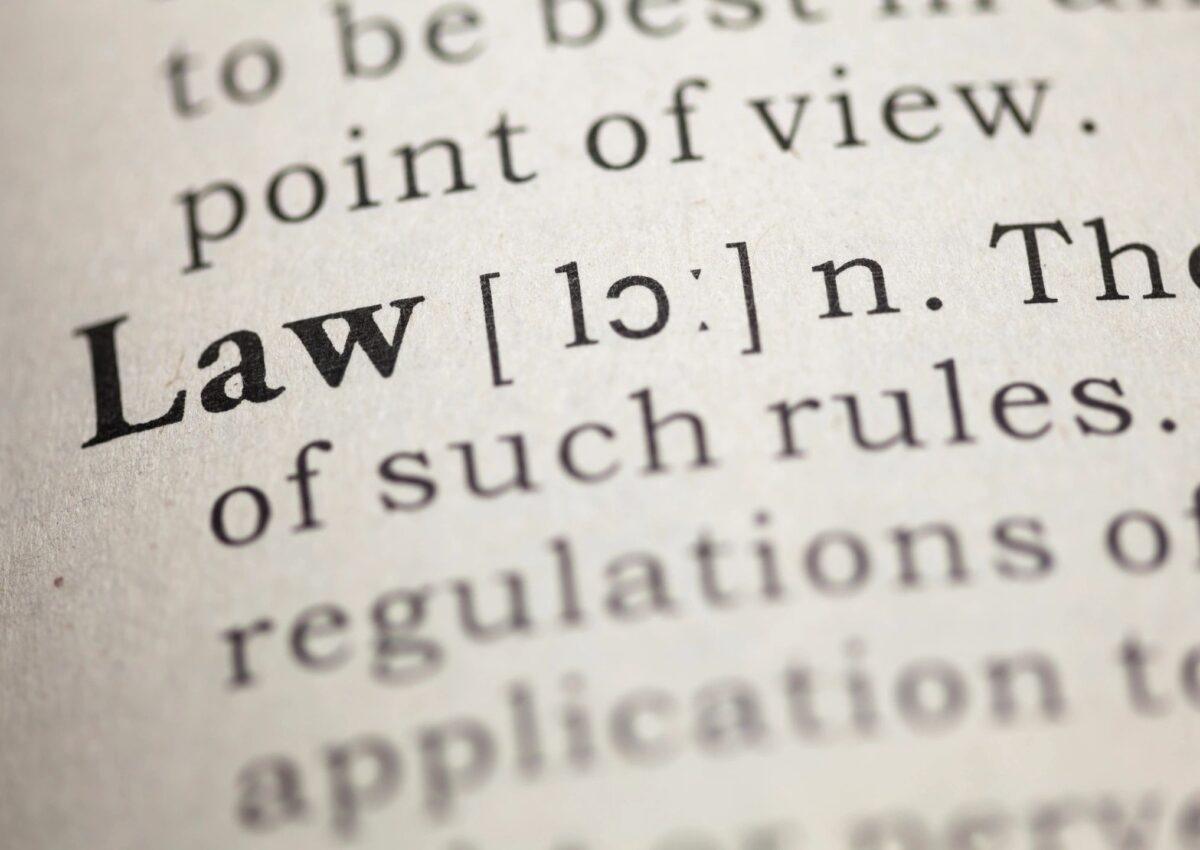
“Minors (under age 18) are civilly liable for their own tortious conduct, but certain legal principles apply to measure and limit a minor’s liability. Minors are not liable for punitive damages unless, at the time of their wrongful act, they were “capable of knowing that the act was wrongful.” For purposes of negligence liability, minors are not held to the same standard of conduct as adults. Rather, they are required to exercise only that degree of care ordinarily exercised by minors of like maturity, intelligence and capacity under similar circumstances. In effect, the standard of care imposed on minors may be likened to a “sliding scale”—the younger the child, the more leeway in measuring duty and breach. Minors engaged in activities normally engaged in only by adults and requiring adult qualifications (e.g., operating motor vehicles) are held to the standard of care of an adult under similar circumstances.
The parent-child relationship does not itself render parents vicariously liable for their minor child’s torts. Any vicarious liability attaches to the parents only under general tort law principles (e.g., potential respondeat superior liability if child is parent’s agent or employee). However, parental liability may lie under any of the following circumstances: The parent has knowledge of the child’s prior misconduct; The parent signed the child’s driver’s license application or the child drives the parent’s car with permission; The child is guilty of willful misconduct; The child was given access to firearms; The child defaced another’s property with graffiti; or The child is convicted of a crime and ordered to pay restitution to the victim.
[California Practice Guide: Personal Injury [certain citations omitted]]
Visit: https://www.inlandempirelitigation.com/
Law Offices of James R. Dickinson – 909-848-8448
How To Schedule A Consultation:
Please call us at 909-848-8448 to schedule a free consultation/case evaluation or complete the form immediately below. [Please note certain formalities must be completed to retain the Law Offices of James R. Dickinson, such as the signing of a legal fee agreement [see “Disclaimers”]].
